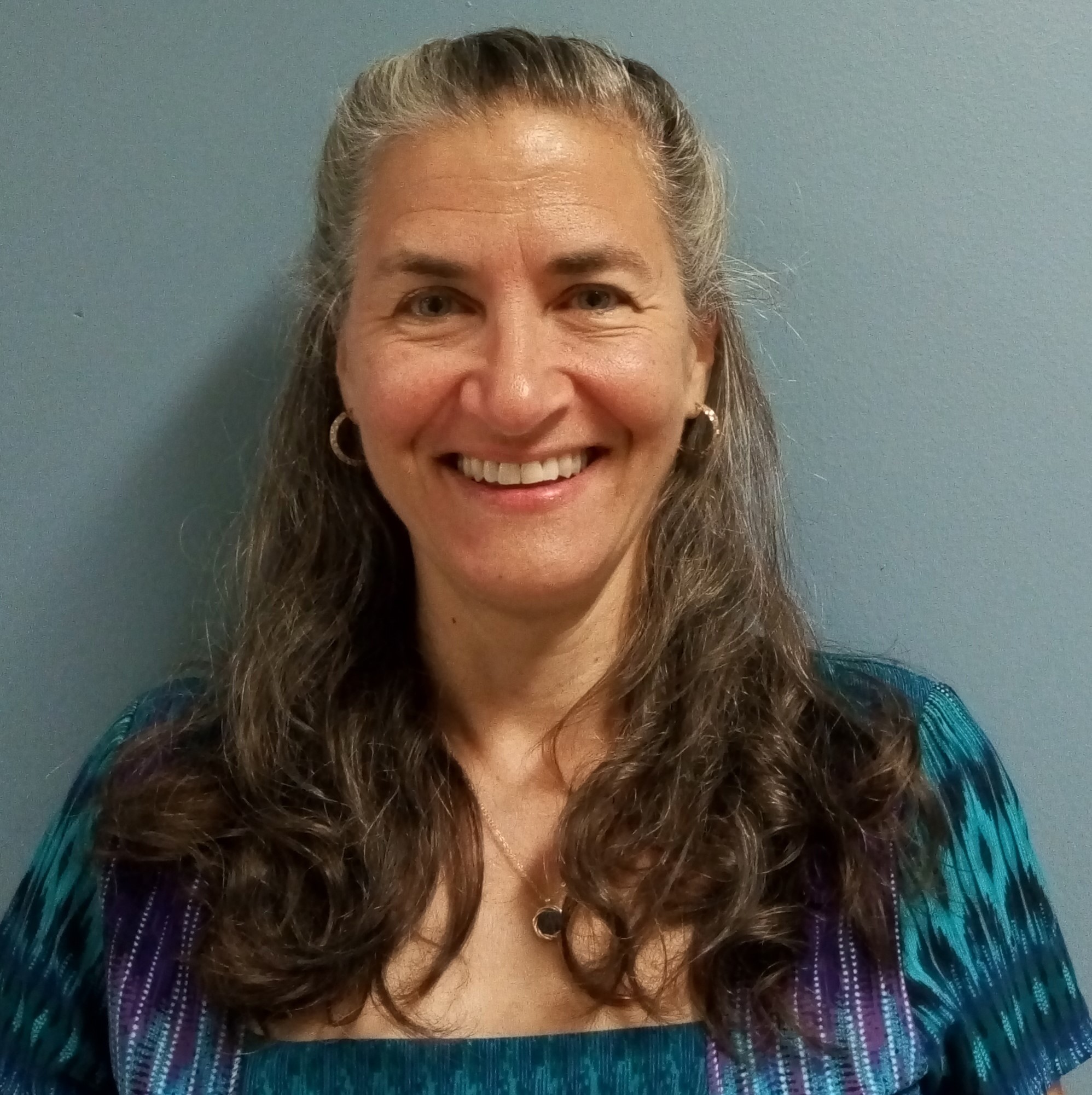Weldon School welcomes three new faculty members
Elsje Pienaar

Professor Pienaar received her Ph.D. and M.Sc. degrees in chemical and biomolecular engineering from the University of Nebraska-Lincoln in 2010 and 2007, respectively, and her B.Sc. in financial and actuarial mathematics from the University of Pretoria, South Africa in 2004.
Prior to joining Purdue University, Professor Pienaar served as a Research Investigator and Research Fellow in the Departments of Chemical Engineering and Microbiology & Immunology at the University of Michigan. She also was a Postdoctoral Fellow in the Department of Medical Microbiology at Linköping University, Sweden from 2010-2012.
Her research integrates mathematics, engineering and microbiology to develop sophisticated computational models of systems pharmacology that predict drug efficacy at the patient level. This represents a next-generation tool for drug selection and delivery, resulting in the development of more personalized medicine. Her models blend stochastic with differential equation approaches that predict both in vitro and in vivo experimental outcomes.
https://engineering.purdue.edu/PienaarLab
Anne Sereno

Professor Sereno received her Ph.D. and A.M. degrees in psychology from Harvard University in 1991 and her B.S. degrees in biological sciences and mathematics in 1985.
Prior to joining Purdue University. Professor Sereno was professor in the Department of Neurobiology & Anatomy at the University of Texas Medical School at Houston and adjunct professor of the School of Natural Sciences and Psychology at Rice University.
Her research focuses on the higher cognitive functions of attention, memory, and eye movements with findings having a direct impact on the diagnosis, treatment, and etiology of various human disorders. She has developed an easy-to-use tablet-based app that was able to detect cognitive slowing following subconcussive head blows (such as headers in soccer) and accurately diagnose concussion in the emergency room, research selected as one of the Top Ten Concussion Research Articles of 2015 by the Defense and Veterans Brain Injury Center of Excellence.
Michael Weiss

Dr. Weiss is Precision Health Initiative Endowed Chair and Professor and Chair, Department of Biochemistry, at the IU School of Medicine. He joins the faculty at Purdue as Professor of Biomedical Engineering, a courtesy appointment in the Weldon School of Biomedical Engineering.
Dr. Weiss earned a Ph.D. in Biophysics in 1986 from Harvard University, an M.D. in 1985 from the Harvard Medical School/MIT Program in Health Sciences & Technology, and an A.B. in Physics in 1978 from Harvard College. His doctoral research, performed under the guidance of Prof. Martin Karplus (Chemistry), focused on NMR studies of proteins and nucleic acids.
Prior to joining Purdue Dr. Weiss was Professor of Biomedical Engineering and Distinguished Research Professor at Case Western Reserve University (CWRU) and Director of its Institute for Therapeutic Protein Design. From 1999-2016 he was the Chairman of the CWRU Department of Biochemistry and Cowan-Blum Professor of Cancer Research with secondary appointment in Medicine (Endocrine Division). Through an internal sabbatical he received an M.B.A. in 2010 from the CWRU Weatherhead School of Management.
His research focuses on exploring the device-driven engineering of proteins with application to diabetes technologies: ultra-stable insulin analogs for implanted intraperitoneal pumps and ultra-rapid insulin analogs for algorithm-controlled closed-loop systems (the "artificial pancreas"). Dr. Weiss is co-founder of Thermalin, Inc., a biotechnology company that seeks (in partnership with Sanofi) to bring novel insulin analogs to patient care.
